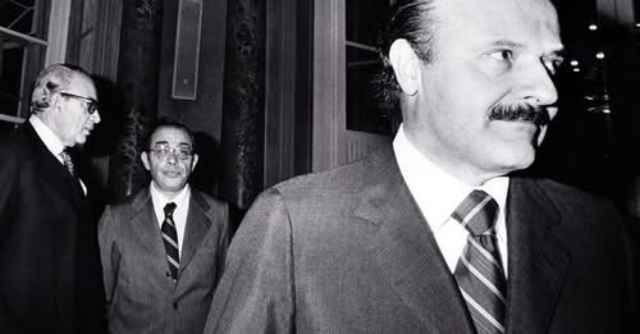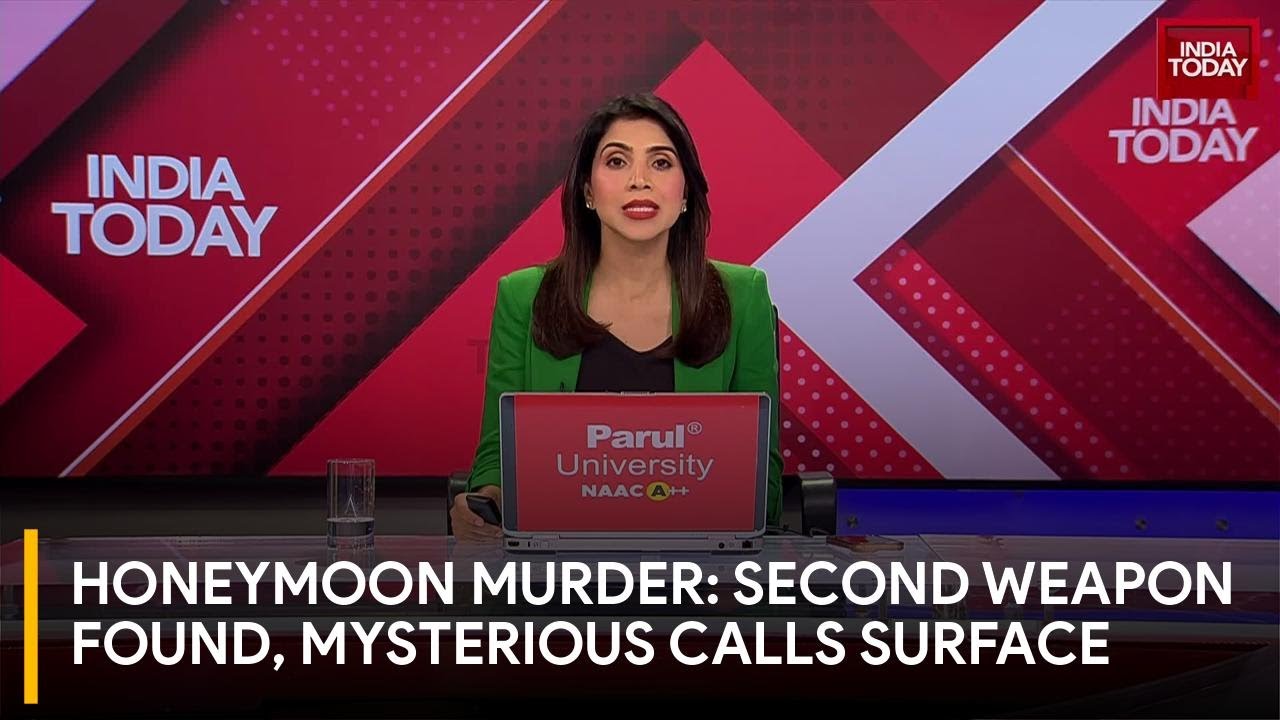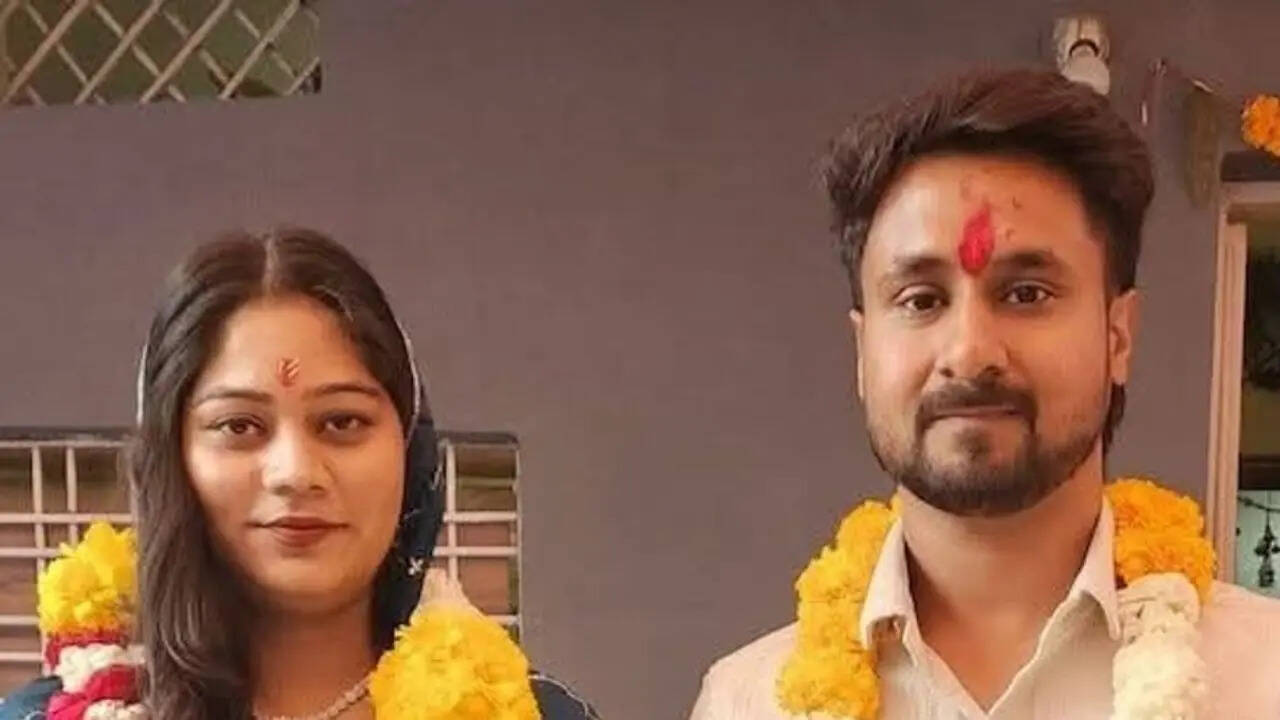
[Image: Il Messaggero / Facebook]
Thursdays are for throwbacks, and today we thought it might be interesting to revisit the intriguing murder of Roberto Calvi, the man once known as “God’s Banker.”
It sounds like the plot of a gritty conspiracy thriller: a powerful banker with ties to the Vatican, the Mafia, and a secret Masonic lodge is found hanging from London’s Blackfriars Bridge, his pockets stuffed with bricks and thousands in cash.
But this isn’t fiction, and Roberto Calvi was no ordinary banker.
By the 1970s, he was head of Banco Ambrosiano, one of Italy’s biggest banks. His nickname came from his close relationship with the Vatican Bank, which held shares in Ambrosiano and allegedly helped funnel massive sums around the globe. While things looked powerful on the surface, underneath, it was financial chaos.
In 1981, Calvi was convicted of illegally moving money abroad, and in the following year, Banco Ambrosiano collapsed under the weight of nearly $1.5 billion in debt. During this time, Calvi wrote a desperate letter to Pope John Paul II, warning that the bank’s collapse would bring shame to the Church.
Founded in 1896, Banco Ambrosiano had a long history with the Catholic Church, and the Institute for Religious Works (IOR), often known as the Vatican bank, had become its main shareholder. IOR holds the bank accounts of the Pope and the clergy, but it also manages the church’s financial investments. Because the Vatican is its own country, Italian regulators have no control or oversight of the IOR.
Then, just days before the crash went public, he vanished.
On June 17, 1982, Calvi’s body was found dangling under Blackfriars Bridge in London. His pockets were stuffed with bricks, and with some £10,000 in cash in multiple currencies. He also had a fake passport bearing the name Gian Roberto Calvini.
Despite this, the initial coroner’s report in July 1982 found no evidence of foul play on his body, so ruled that the banker had taken his own life. But even at the time, there was suspicion that something far darker was afoot.
Forensics later found no traces of paint or rust on Calvi’s shoes, suggesting he hadn’t walked on the bridge scaffolding. His neck injuries also didn’t line up with suicide by hanging. And then there were those bricks – a signature used by the Camorra, a notorious Italian crime syndicate.
“Inside the passport was a current visa for Brazil and the airline ticket was for a one-way ticket to Rio de Janeiro. Why, you might ask, go to all those lengths simply to finish up on the end of a rope under Blackfriars Bridge?”
“Calvi’s last journey was hardly that of a man contemplating suicide.”
To investigators, it clearly wasn’t suicide, but who would want him dead? Well, there was no shortage of suspects.

Calvi was part of Propaganda Due (P2), a shadowy Masonic lodge involved in Italian politics and corruption scandals. The Mafia was also reportedly furious with him for mismanaging their money, and even the Vatican may have seen him as a ‘liability’.
“Before Roberto Calvi disappeared, Italian investigators discovered that $1.5bn was missing from his bank,” said Scully.
“It’s now believed that this money was sent abroad through the Vatican bank, which escapes Italian exchange controls. Some of that money was lent to South American countries at low interest rates as directed by the Catholic Church. The rest was put into ghost companies in Luxembourg and South America, from where it was returned to Italy to buy shares for Calvi in the Banco Ambrosiano.”
“Calvi was at the centre of an incredibly complex web of international fraud and intrigue,” reported the BBC’s Hugh Scully.

Torre thread, Who Knew Calvi, Told the BBC in 1982 that he believed the banker had been killed, and that his body being left under Blackfriars Bridge indicated masonic symbolism. He said that P2 members wore black robes to their meetings and referred to themselves as “Black friars“, Italian for “black friars”.
In 2005, several men, including Mafia boss Giuseppe Calò and P2’s Licio Gelli, were put on trial for his murder. But they were all acquitted.
Despite new forensic evidence and years of investigation, no one has ever been convicted. Officially, his cause of death remains “unexplained.”
More than 40 years later, the mystery of Roberto Calvi still haunts Italy, the Vatican, and anyone who’s ever tried to untangle the knot of power, money, and murder.
[Source: BBC]



